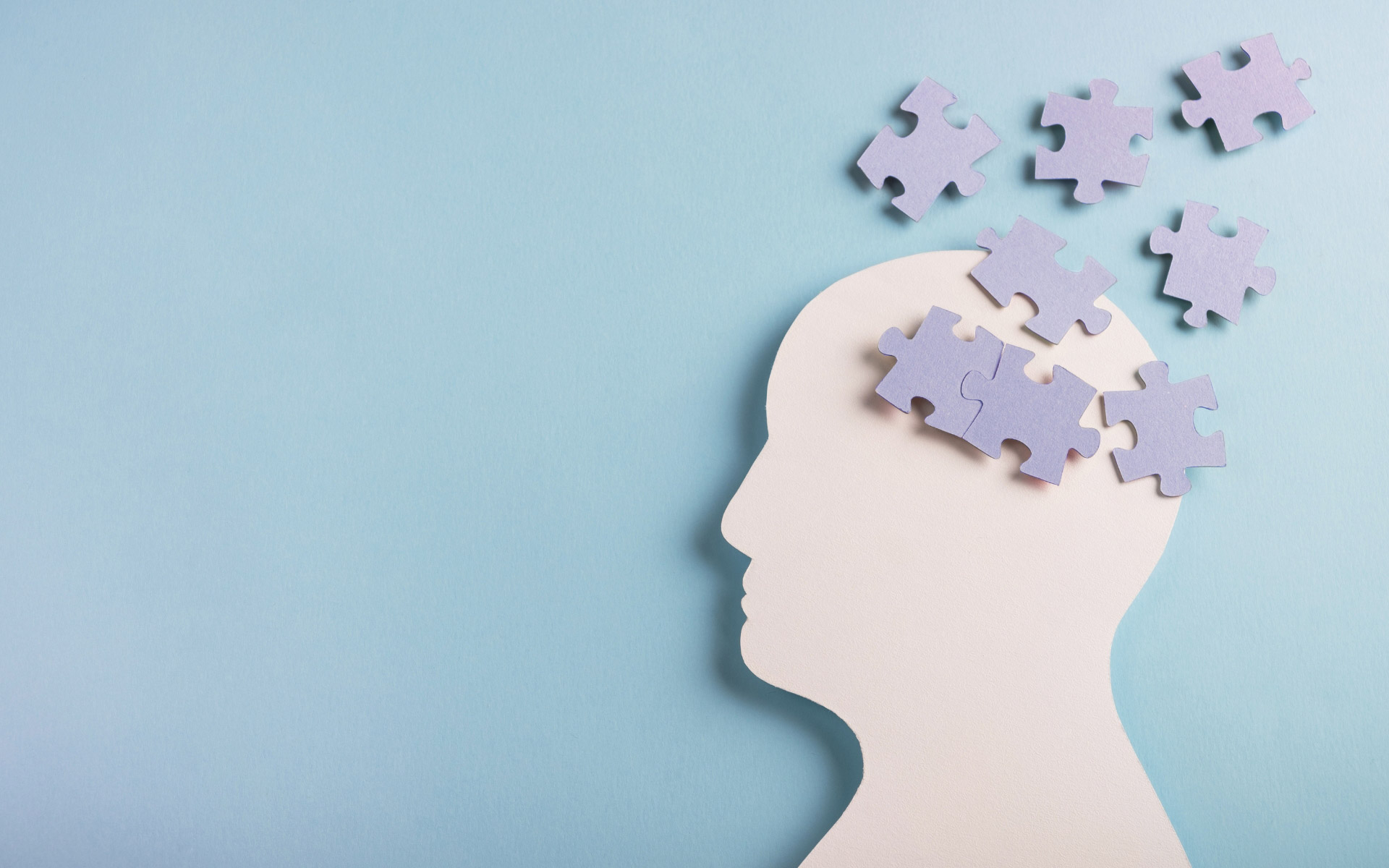Men's Mental Health: A Guide to Maintaining Your Wellbeing
Men's mental health is a critical but often overlooked aspect of overall well-being. It remains a topic shrouded in misunderstanding, stigma, and, usually, silence. Societal expectations have traditionally burdened men with the weight of stoicism and emotional suppression. This outdated concept has resulted in a concerning gap in our understanding of men's mental health needs and a troubling disparity in the rates of suicide, substance abuse, and other mental health challenges among men.
This comprehensive guide aims to illuminate men's mental health. We'll explore the significance of prioritizing it, explore the specific challenges men face in seeking help, and provide a thorough overview of the effective treatment options available. We'll also unpack the root causes of the stigma surrounding men's mental health and explore ways to dismantle it. Finally, we'll highlight resources and strategies men can utilize to prioritize their mental well-being and build a more supportive environment.
The Sobering Reality of Men's Mental Health

Mental health struggles are prevalent across all genders, but men face some unique challenges. Here are some concerning statistics that highlight the current landscape:
Suicide Rates: Men are nearly four times more likely to die by suicide than women in the United States. This statistic underscores the urgency of addressing mental health concerns among men.
Help-Seeking Disparity: Surveys conducted by the American Psychological Association reveal a significant disparity in help-seeking behavior. Only 35% of men reported seeking help from a mental health professional compared to 58% of women.
Condition Specifics: Men are more prone to specific mental health conditions. For example, they experience higher rates of alcohol dependence and antisocial personality disorder, while women are more likely to be diagnosed with depression and anxiety disorders.
Workplace Impact: The pressure to succeed and traditional gender roles can contribute to higher work stress and burnout among men. Studies by the American Institute of Stress show men are more likely to report feeling overwhelmed at work and less likely to take time off for mental health reasons.
Risky Coping Mechanisms: Men facing mental health challenges may resort to unhealthy coping mechanisms to manage their emotions, which can include substance abuse, reckless driving, or other dangerous activities. These behaviors can exacerbate problems and pose a significant risk to themselves and others.
These statistics paint a sobering picture of the current state of men's mental health. The low help-seeking rates and prevalence of risky coping mechanisms highlight the need for immediate action to create a more supportive environment where men feel comfortable seeking help and prioritizing their well-being.
Why Men's Mental Health Matters
Like physical health, mental health is critical in every aspect of a man's life. When mental health struggles go unaddressed, the consequences can be far-reaching. Here's a closer look at why men's mental health matters:
Quality of Life: Untreated mental health issues can significantly impact a man's quality of life, thus leading to difficulties maintaining healthy relationships, achieving work goals, and pursuing personal aspirations. Depression, anxiety, and other conditions can lead to feelings of isolation, hopelessness, and a lack of motivation.
Emotional and Physical Health: Mental health and physical health are intricately linked. Mental health issues can manifest in physical symptoms like headaches, fatigue, and digestive problems. When left untreated, these conditions can lead to chronic health issues like heart disease, stroke, and diabetes.
Ripple Effect: Men's mental health struggles can harm those around them. A man's emotional state can profoundly affect family members, friends, and colleagues. Creating a supportive environment can make a significant difference in mitigating the impact of mental health challenges on relationships.
Building an Equitable Society: Prioritizing mental health for all genders is crucial for a more equitable society. Dismantling the stigma surrounding men's mental health allows men to seek help without fear of judgment, fostering a healthier and more supportive environment for everyone.
By recognizing the importance of men's mental health, we can create a shift in societal norms and encourage men to prioritize their emotional well-being, starting with understanding the challenges they face in seeking help.

Effective Treatment Options for Men's Mental Wellbeing
Mental health challenges are treatable, and a variety of effective treatment options are available for men. Here's an overview of some of the most common approaches:
Therapy: Talk therapy, or psychotherapy, is a cornerstone of mental health treatment. By working with a licensed therapist, men can develop coping mechanisms, address underlying issues, and learn skills for managing symptoms. Different therapeutic approaches exist, such as cognitive behavioral therapy (CBT), which focuses on identifying and changing negative thought patterns, and interpersonal therapy (IPT), which helps improve communication and relationship skills.
Medication: In some cases, medication can be a helpful tool in managing mental health symptoms. Prescriptions from a psychiatrist, such as antidepressants, anti-anxiety medications, and mood stabilizers, can help regulate brain chemistry and alleviate symptoms. It's important to note that medication is most effective when combined with therapy.
Support Groups: Connecting with others facing similar challenges can be incredibly beneficial. Support groups provide a safe space for men to share their experiences, find emotional support, and learn from each other's coping mechanisms.
In addition to these traditional approaches, there are emerging treatment options that may be helpful for some men:
Eye Movement Desensitization and Reprocessing (EMDR): EMDR is a therapy technique that can help treat trauma-related disorders like PTSD. It involves guided eye movements while recalling traumatic memories, which can help to reduce the emotional intensity associated with these memories.
Neurofeedback: Neurofeedback is a form of biofeedback that uses real-time brainwave monitoring to help individuals learn to regulate their brain activity, which is effective for managing conditions like anxiety, depression, and ADHD.
It is essential to remember that the most effective treatment approach will vary depending on the individual and their specific needs. Consulting with a mental health professional can help determine the best course of treatment. If you want to learn about this approach, contact us today and we will answer any questions you have.
Building a More Supportive Environment: Resources and Strategies
Creating a more supportive environment for men's mental health requires a multi-faceted approach. Here are some resources and strategies that can be helpful:
Connect Clinical Services: If you're a man struggling with mental health challenges, Connect Clinical Services can help. We offer various therapy options, medication management services (when appropriate), and support groups in a confidential and supportive setting. Our team of experienced professionals is dedicated to helping men achieve optimal mental well-being. Contact Connect Clinical Services today to schedule a consultation and take the first step towards a healthier and happier you. (Insert contact information for Connect Clinical Services here)
Online Resources: Numerous online resources offer information and support for men's mental health. Websites like the National Alliance on Mental Illness (NAMI) and the Jed Foundation provide valuable resources, tools, and support groups specifically tailored to men. We also recommend that you check out HeadsUpGuys as a place to start your journey.
Open Communication: Talking openly about mental health is crucial for dismantling the stigma. Encourage men in your life to talk about their feelings and create a safe space to share their struggles.
Normalize Help-Seeking: Let the men in your life know that seeking help for mental health challenges is a sign of strength, not weakness. Encourage them to prioritize their well-being and seek professional support if needed.
Utilizing these resources and strategies can create a world where men feel empowered to prioritize their mental health and live fulfilling lives. Remember, you are not alone. Help is available, and reaching out for support is the first step towards a healthier and happier you.
If you or someone you know is struggling with mental health challenges, please reach out to one of our experts and we will love to discuss any options that can help you.
